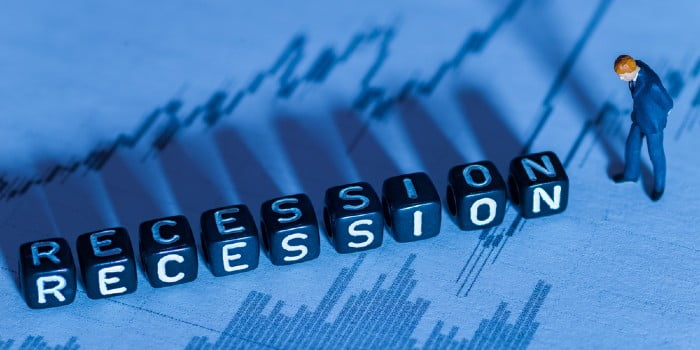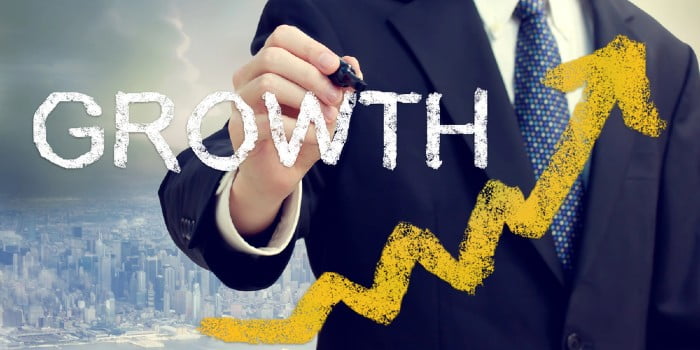Consumer spending reached just 1.0 per cent year-on-year growth in December, representing a decline in real terms when accounting for inflation.
Data from Barclaycard, which sees nearly half of the nation’s credit and debit card transactions, reveals that spending on essentials declined 0.9 per cent in December, with supermarkets contracting by 0.9 per cent compared with December 2018. Petrol expenditure also fell by 0.5 per cent.
Many retailers also continued to see contractions in year-on-year spending: clothing spend was down 3.3 per cent, while specialist retailers such as toys and computer game stores saw a decline of 4.0 per cent.
Eat, drink and be merry
However, on a more positive note, spending on non-essentials grew 1.8 per cent year-on-year. Partly driving this growth was eating and drinking, which increased by 9.7 per cent as Brits enjoyed themselves during the festive period.
However, the nation prioritised going to the pub (11.7 per cent) and takeaways (12.5 per cent) over eating out, as restaurants saw a 2.6 per cent decline.
Entertainment was also a bright spot, increasing by 5.5 per cent – bolstered by a rise in cinema sales of 19.0 per cent as crowds flocked to watch Star Wars: The Rise of Skywalker and Frozen II – both in the top four performing films of 2019. Digital content and subscriptions services also continue to enjoy strong growth, rising 14.7 per cent.
Rise in confidence
Following the General Election, consumer confidence in the UK economy increased, with four in 10 (41 per cent) indicating they were feeling upbeat – up 10 percentage points on November and the highest level throughout all of 2019.
UK consumers also remain upbeat about their household finances, with 70 per cent feeling confident. For those who are more assured in their personal finances than normal, the primary reason is greater certainty around Brexit (33 per cent) and UK politics (30 per cent).
Despite this, just one in five (21 per cent) consumers plan to buy a big-ticket item (such as a new vehicle or furniture) during 2020. Consumers’ reluctance to make any major purchases is reflected in the fact that, if given an additional £100, half of Britons (49 per cent) would put the money aside, into either savings or to pay off debt.
Constrained spending power
Esme Harwood, director at Barclaycard, said: “Consumer confidence is finally improving after a long period of political uncertainty. This optimism hasn’t yet translated into high street sales, but spending on experiences continues to grow, with Brits enjoying box office hits and trips to the pub. While consumers remain reluctant to spend on big ticket items, the mood seems to be changing”.
A separate study by the British Retail Consortium (BRC) and KPMG said that retail sales fell for the year as a whole by 0.1%, marking the first annual sales decline since 1995.
Sales in November and December were particularly weak, falling 0.9%, the BRC said.
However, the BRC’s data does not capture the whole retail market. For example, its survey excludes many online retailers, including Amazon.
Internet sales now account for 21.5% of total retail sales in the UK, according to ONS data.






